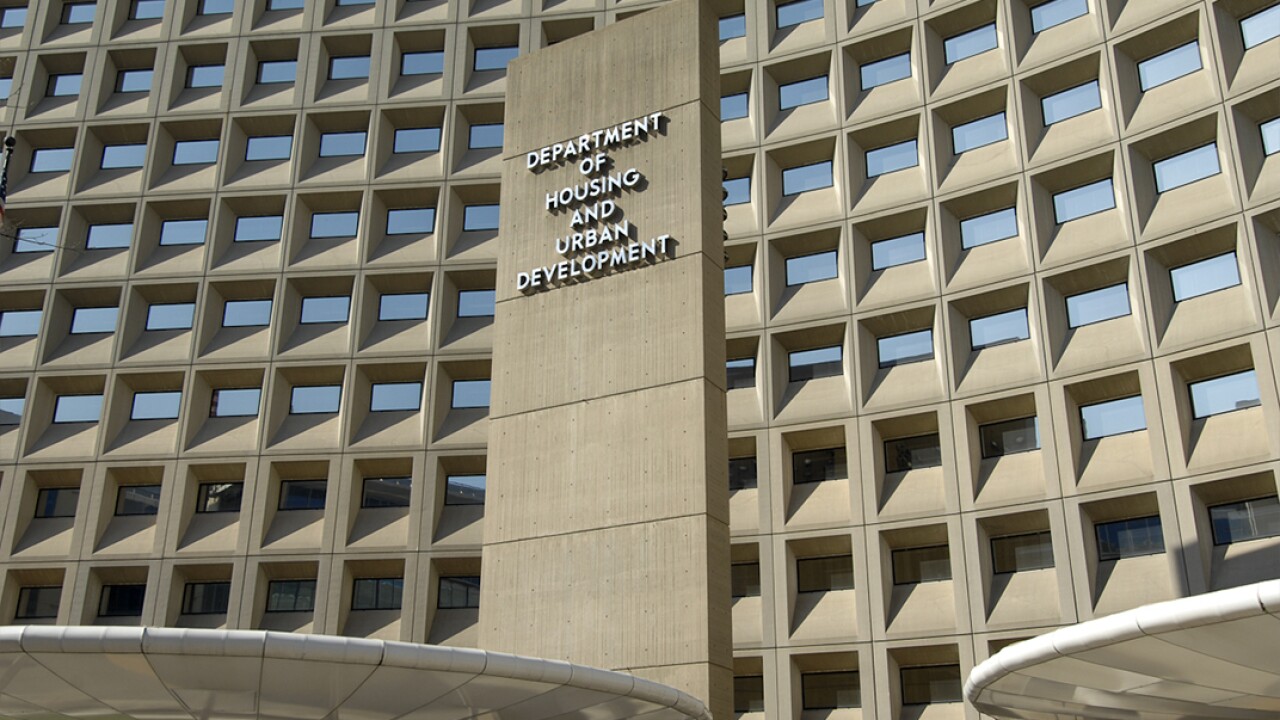By adding 41 supermarket branches in the Washington area next year, PNC Financial Services Group Inc. said it aims to scale up quickly and cheaply in a growth market — and send "a loud message" about its overall prospects.
The $146 billion-asset Pittsburgh company announced Wednesday that it has signed an agreement with Giant Food LLC to open branches in supermarkets across the metro D.C. market, including Maryland, Virginia, and Delaware. It also plans to add 180 automated teller machines at Giant stores.
Peter Floeckher, PNC's market manager for metropolitan Maryland, said the in-store branches are "a cost-effective way" for PNC to expand in an area it entered in 2005 with its purchase of Riggs National Corp.
"Greater Washington and greater Maryland are growth markets for PNC. We see a lot of opportunity here," Mr. Floeckher said in an interview. "What this does is give us a boost to expand our franchise at far less cost than building a lot of additional free-standing branches."
He would not disclose the price of the 10-year deal with Giant or discuss the cost differences between in-store and traditional branches.
NCBS, a consulting firm that advises banks on retailing and in-store branches, estimates that the cost for building an in-store branch is typically one-third to one-fifth that of building a traditional branch.
Dave Martin, an executive vice president and chief training consultant at NCBS, a unit of SunTrust Banks Inc., said the main advantage of a supermarket branch is the heavy foot traffic. "Where else can you go set up a branch and have 25,000 people a week walk into your building?"
Others are skeptical. Ken Thomas, a consultant who operates branchlocation.com, said he considers in-store branches "expensive billboards" that often do not attract enough deposits to make them worthwhile.
In-store branches tend to have about half as much in deposits as an average traditional branch, Mr. Thomas said. So even though they cost less to build and operate, they generally are less profitable.
"When it comes right down to it, people want the more traditional type of branch," he said. "In 10 years, PNC will be selling them to someone else."
PNC's branches would replace in-store branches of Chevy Chase Bank, which announced this summer that it would no longer operate any supermarket branches.
Chevy Chase's 10-year contract with Giant expired in August, and the thrift company decided not to renew it.
The $15 billion-asset Chevy Chase, in Bethesda, Md., said it would close the 54 in-store branches to focus on traditional branches instead.
PNC's Mr. Floeckher said his company already has more than 60 in-store branches in five states, including some in New Jersey stores of Stop & Shop, a Giant affiliate.
"Those stores have been extremely successful, and I think PNC has a proven business model of operating in-store branches," he said.
PNC plans to hire 225 people to staff the new in-store branches, which will operate seven days a week with extended hours.
Nine of the branches are to open in January and seven in February. The pace is expected to continue at five to 10 branches a month until all 41 are open. As Giant renovates its stores and builds new ones, PNC intends to add more branches, Mr. Floeckher said. It is also adding six traditional branches in its metropolitan Maryland market next year, he said.
Matthew Schultheis, an analyst at Boenning & Scattergood Inc., said PNC has done well attracting new customers. It opened 36,000 net new business and consumer checking accounts in the third quarter, and Mr. Schultheis said he believes some of these customers are switching to PNC because it has not been in the news as a company having capital problems.
But the new branches may not make much of a difference for PNC in the Washington market, Mr. Schultheis said.
"There are so many branches in the D.C. area, I think the only way to really make a big splash in that market is to buy something," he said. "I don't think that tacking branches on here and there is going to make a significant difference for a company of PNC's size."





